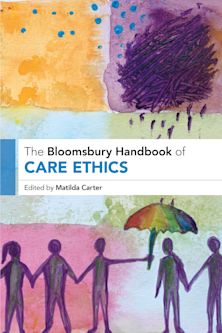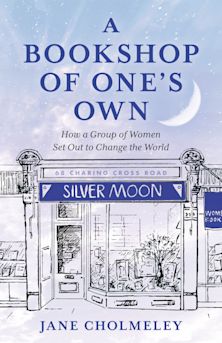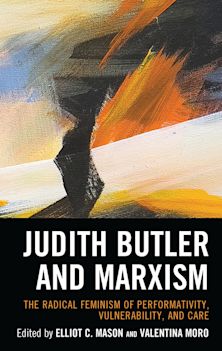- Home
- ACADEMIC
- Gender & Sexuality Studies
- Feminism
- Charting Women's Journeys
This product is usually dispatched within 1 week
- Delivery and returns info
-
Free CA delivery on orders $40 or over
You must sign in to add this item to your wishlist. Please sign in or create an account
Description
Addiction among women continues to be a vexing social problem with no clear solution. Individuals, families, and social organizations use various approaches to end addiction, ranging from social isolation and family enmeshment to formal detox programs, but results remain uneven. In this study of the recovery careers of female addicts living in rural settings, Judith Grant explores the ways in which twenty-five addicts engage in individual processes of self-recovery. Using feminist methods of inquiry and a Meadian theoretical framework of analysis, Grant follows the women through three distinct recovery phases as they slowly come to shift their understandings of themselves, others, and their social objects. Central to a recovery lies a process through which women reinvent themselves by altering their involvement with themselves, their partners, friends, and children, and of course their addictive substance. This book offers concrete solutions for policy makers and provides a refreshing measure of hope for the largely invisible population of individuals, both family members and addicts, who suffer terribly from this disease.
Table of Contents
Chapter 2 Preface
Chapter 3 Introduction
Chapter 4 1: Methodology
Chapter 5 2: The Preaddicted Self
Chapter 6 3: The Addicted Self
Chapter 7 4: The Recovering Self
Chapter 8 5: Conclusion
Product details
| Published | Mar 13 2008 |
|---|---|
| Format | Hardback |
| Edition | 1st |
| Extent | 156 |
| ISBN | 9780739114780 |
| Imprint | Lexington Books |
| Dimensions | 241 x 162 mm |
| Series | Critical Perspectives on Crime and Inequality |
| Publisher | Bloomsbury Publishing |
About the contributors
Reviews
-
A pathbreaking exploration into allowing marginalized Appalachian women to give voice to their pathway to breaking some of their bonds. This book is important for feminist methodology, Appalachian studies, drug and addiction and recovery scholarship, the social science of poverty, and much more.
Martin D. Schwartz, Ohio University


































